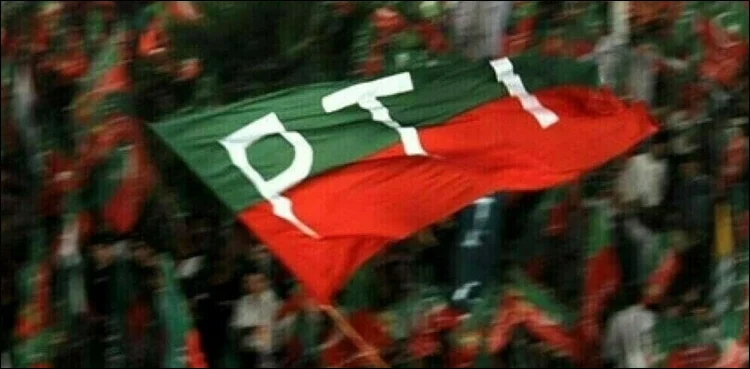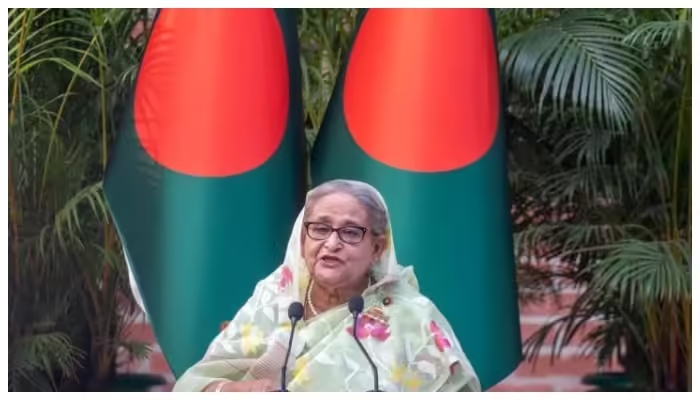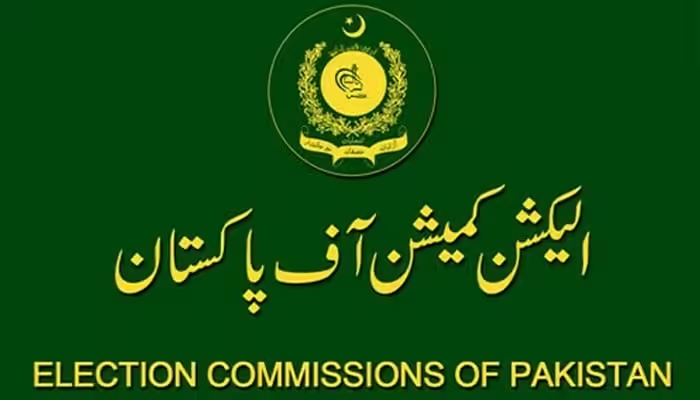In a significant development, a case has been registered against 28 leaders, including prominent figures such as Haleem Adil Sheikh, Shehryar Afridi, and Shandana Gulzar, for allegedly making inflammatory speeches against the state and its institutions in Balochistan. The charges, filed by Abdul Ghani, a Levies officer at Bostan police station, include incitement of the public, creating disorder, and sedition against the state.
The Accusations
The FIR (First Information Report) names several other leaders and activists alongside Haleem Adil Sheikh, Shehryar Afridi, and Shandana Gulzar. These include provincial leader Sharif Tokhi, Abdul Bari Kakar, Jahangir Rand, central leader Mir Ashfaq, Nawabzada Sharif Jogezai, Muazzam Butt, Mehwish Janjua, Abdul Bari Barich, Khursheed Ahmed, Rahim Kakar, Atiq Kakar, and others. The authorities claim that these individuals engaged in activities that were designed to incite the public and create disorder, actions that are considered seditious under the law.
Details of the Incident
The charges stem from an incident where anti-state slogans were reportedly written by PTI (Pakistan Tehreek-e-Insaf) leaders, including Attullah Niazi, Saifullah Kakar, Sahabat Taran, Rana Saleem, and Atiq Khan, at Atiq Khan’s house in Kali Khanan Bustan. According to the FIR, a meeting was held at this location where the leaders allegedly delivered speeches that were deemed inflammatory and seditious.
The text of the FIR specifically mentions that the leaders made statements that incited people against the state and its institutions, thereby falling under the category of sedition. The FIR also indicates that there was an order to remove anti-state wall chalking within the police station’s jurisdiction, suggesting a broader context of anti-state activities.
Legal and Political Ramifications
The registration of this case has significant legal and political ramifications. Legally, the accused face serious charges that could result in severe penalties if they are found guilty. The charges of sedition and incitement to disorder are particularly grave, as they pertain to the stability and security of the state.
Politically, this development could further escalate tensions between PTI and the ruling government. PTI leaders have been vocal critics of the government and its policies, and this case may be seen as an attempt to suppress dissent. On the other hand, the government may argue that it is simply enforcing the law and maintaining order.
Response from the Accused
As of now, there has been no official response from Haleem Adil Sheikh, Shehryar Afridi, Shandana Gulzar, or the other accused individuals. However, it is expected that they will contest the charges and argue that their speeches and actions fall under the right to free expression and political opposition.
The Role of Law Enforcement
The role of law enforcement in this case will be closely scrutinized. The police have stated that they have registered the case and have begun an investigation. This investigation will likely involve gathering evidence to substantiate the claims made in the FIR, including testimonies, recordings of speeches, and any other relevant materials.
Broader Implications
This case also has broader implications for the political climate in Pakistan. It raises questions about the balance between maintaining state security and upholding democratic rights such as freedom of speech and assembly. How this case unfolds will be indicative of the current state of civil liberties and political freedoms in the country.
The registration of a case against 28 leaders, including prominent figures like Haleem Adil Sheikh, Shehryar Afridi, and Shandana Gulzar, marks a significant development in Pakistan’s political landscape. The charges of incitement, creating disorder, and sedition are serious and could have far-reaching consequences for the accused and the broader political environment. As the investigation proceeds, all eyes will be on how the legal process is managed and its impact on political dynamics in Pakistan.



